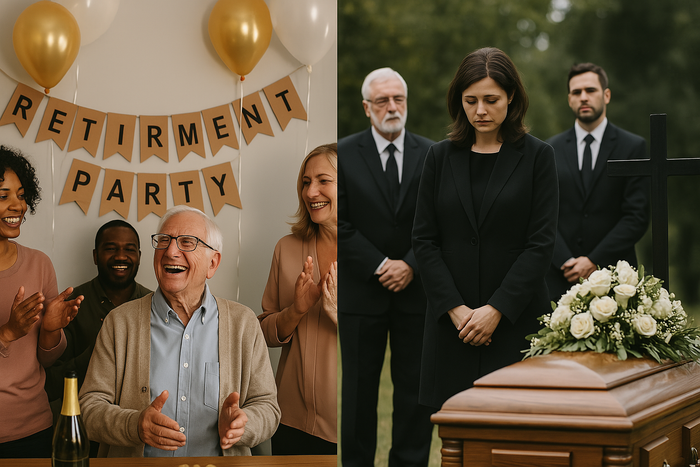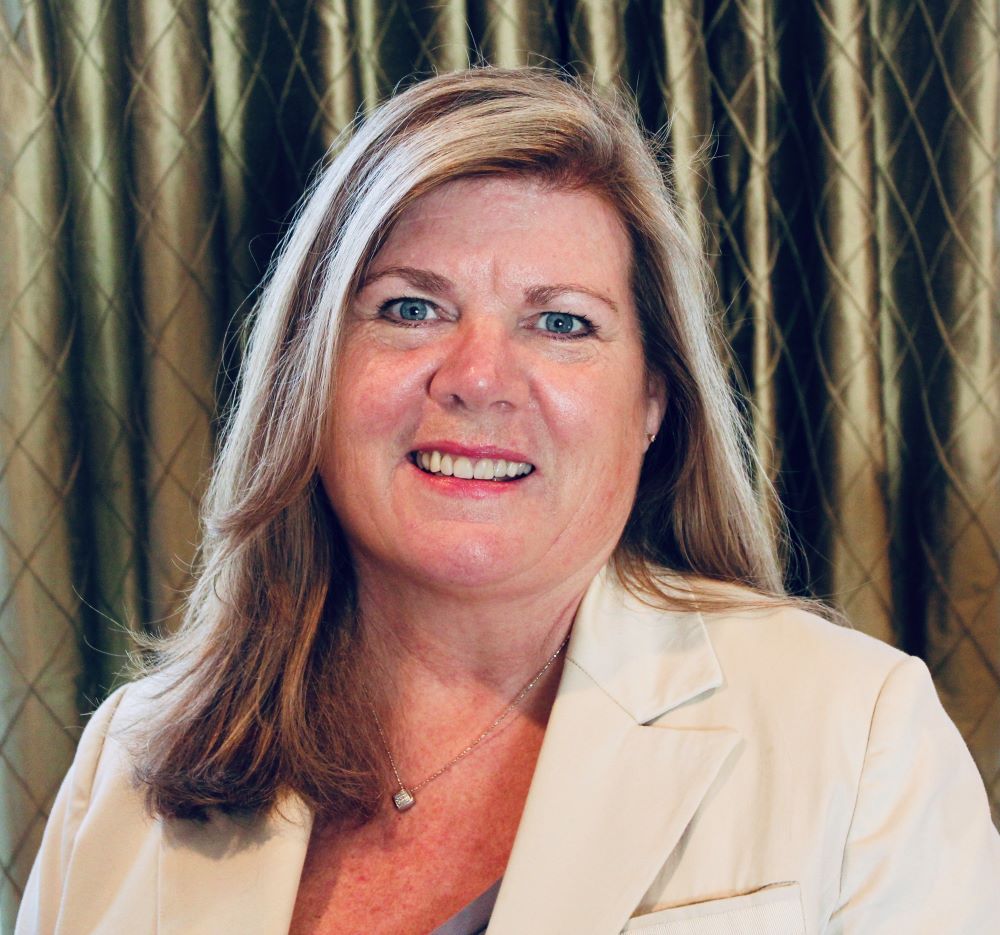The Shifting Trends in Later Life Rituals: Retirement Parties and Funerals

I recently read an article in the Globe and Mail of how some people were not being given retirement parties when they left. As a result, what some discovered was that they then felt cheated and lacked feeling like they had final closure on their careers.
It made me realize that I also know many people who have retired over the last number of years but they too left without any major fanfare. No big party. No golden watch. No reminiscing of the funny stories of their time spent at the company. For most, it was a quiet lunch with some co-workers and a group signed card and small gift. Or an event held by their families with friends outside of work.
This started me thinking about our later life rituals and how they have shifted over the past number of years.
Rituals are done to help us mark major life transitions. They are meant to provide meaning and structure to the moments that shape our journeys. Whether it’s a birthday, a wedding, welcoming a new baby or a funeral, they all have a common trait. They serve as recognition for having hit a significant milestone in our lives.
In later life, two of our most significant rituals we often recognize are retirement and funerals. But we’re starting to see these major milestones being transformed by our evolving social values, economic realities, and technological advancements.
Retirement Parties: A Shift from Employer-Sponsored to Personalized Celebrations
Retirement once symbolized a firm farewell to the workforce, often marked by an employer-hosted gathering. These traditional retirement parties were typically held in the workplace, featuring speeches, farewell gifts, and a sense of closure as retirees embarked on their next chapter. However, over the past years, these formal workplace send-offs have become less common.
One major reason for this shift is the changing nature of work itself. As fewer employees remain with one company for decades, the bond between employer and retiree has weakened, reducing the likelihood of company-sponsored celebrations. Many businesses now opt for smaller, informal acknowledgments rather than large-scale retirement parties. Often stepping into this space are retirees and their families creating events that better reflect their personal journeys and involving people that the person was close to rather than everyone they worked with.
These retirement gatherings can often vary widely in style.
Some retirees opt for intimate family dinners, while others throw themed parties or even destination getaways. The focus has moved from merely saying goodbye to work to embracing new beginnings—whether that means travel, starting a second career, or dedicating time to hobbies and volunteer work. The language around retirement has also changed, shifting from "winding down" to "redefining purpose."
Technology has also influenced retirement celebrations. Virtual retirement parties, once a necessity during the pandemic, remain an option for retirees with friends and family spread across different locations. Livestreamed speeches, digital memory books, and virtual toasts have become more popular, ensuring that loved ones can participate no matter where they are.
Funerals: From Solemn Rituals to Personalized Celebrations of Life
Also, how we say our ultimate final farewell from life is also shifting. Funerals have traditionally been formal, religious, and somber, offering a structured way for communities to grieve. However, over the last number of years, there has been a marked shift toward personalized "celebrations of life."
These gatherings focus on honoring the unique personality, values, and passions of the deceased rather than following rigid ceremonial traditions.
There are other trends emerging for funerals as well.
One significant change is the growing preference for non-traditional venues. While funerals were once primarily held in religious institutions or funeral homes, many families now choose alternative locations, such as parks, community centers, or even the deceased’s favorite restaurant. This shift reflects a desire to create a more meaningful and comforting environment for loved ones. (Note: you just need to be careful however as there are some restrictions so you may need to check to see if any specific permits are needed).
Eco-conscious burial options have also gained traction in recent years. With increasing awareness of environmental concerns, many people are opting for green burials, biodegradable caskets, and even human composting as alternatives to traditional burials and cremations.
And like so many other aspects of our lives, technology has entered the funeral business. Digital memorials have become a common way to honor the deceased, allowing loved ones to share memories, photos, and messages in an online space that remains accessible indefinitely.
The rise of livestreamed funerals has also been a major trend, particularly in the wake of the pandemic. This technology allows friends and family members who are unable to attend in person to participate remotely, ensuring that distance is no longer a barrier to saying goodbye.
What These Changes Reveal About Later Life Rituals
The evolution of retirement parties and funerals over the last number of years highlights a broader cultural shift—one that prioritizes personalization, flexibility, and authenticity. People are moving away from one-size-fits-all traditions in favor of rituals that reflect individual values, relationships, and legacies.
For retirees, the focus is now on celebrating what’s next rather than simply marking the end of a career. And for funerals, the emphasis has shifted from rigid mourning to honoring a life well-lived in a way that resonates with those left behind.
As these rituals continue to evolve, they remind us that what matters most are not the events themselves but in fact the people they are meant to honour.
Related content







